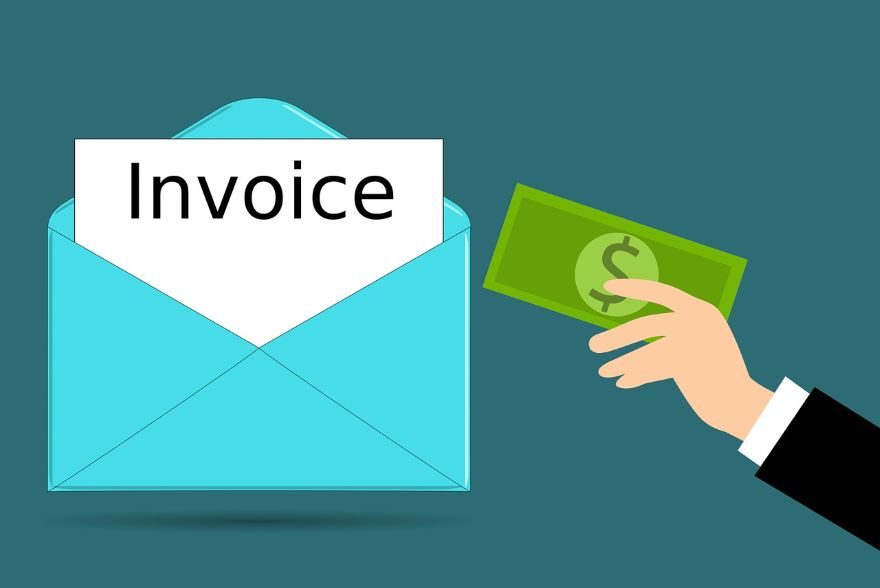There are a variety of methods that small business owners can explore to improve their tax situation out there. Running your own business is a lot of work as it is, and like everybody else, you would want to keep as much of your profit as you can.
However, it can be challenging to learn about Canadian tax savings on your own. To make it easier for you, we’ve compiled a list of some tax-saving tips to help you improve your tax situation and keep you smiling even in the tax season.
1. Balance your Dividend/Salary Mix
As a business owner, you’re entitled to making withdrawals from your organization in the form of a dividend or a salary. Both have their high points and downfalls. But at the end of the day, it’s up to you as the business owner to figure out the perfect mix of both that will maximize your earnings.
For instance, you may want to receive enough salary that will max out your RRSP. And on the other hand, you may wish to receive some of your pay as a dividend.
The ideal dividend/salary mix should be determined by both current circumstances and possible future conditions. Foresight and the ability to accurately predict economic trends also go a long way in determining this ideal mix.
For example, if you’ve predicted an economic downturn in the next year, it’s a cue that you should pay out less salary.

2. Know your eligible expenses
As you have probably heard before, there are tax deductions and tax exemptions. Some expenses made in running the business activities can be claimed as tax deductions if they fall within that category.
So, you might want to sit down and analyze your spending; if you use a car, keep track of the mileage used. Take advantage of the popular eligible expenses in your industry.
Some of these eligible expenses may include:
- materials
- supplies
- rent
- travel
- equipment
- or continuing education for a contractor.
There’s no hard or fast rule as to what expenses are eligible and those that are not.
This decision is subjective. We often see several instances where an eligible expense of one profession is not suitable for another one.

3. Separate personal expenses
It would be helpful if you separated personal expenses from business expenses right from the start to avoid unnecessary complications. One way you can achieve this is by getting a separate bank card for your business and personal expenses. Who doesn’t want a stress free living, right?
Mixing up your personal and business expenses will result in a chaotic mess that might cost you a few extra bucks to tidy up later. Should expense fall under a grey area, like your home office, or an issue with the bathroom, be sure to note how it’s entered into the records.
4. Write off loses
Losses can be a blessing when it comes to reducing your tax burdens. Suppose you’ve ever experienced a capital loss or had a nonpaying customer experience. In that case, you can write the amount off as a deduction for tax purposes.

5. Deduct home office expenses
You want to make sure that you take advantage of every tax deduction available to you. These deductions may relate to home office expenses such as:
- utilities
- stamps
- internet charges
- cost of stationery etc.
Here is how to do this:
Calculate what the percentage of your home workspace is comparing to the total square footage of your house. Doing this will help you determine the portion you can claim for a mortgage, rent, utilities, interest, and other expenses.

6. Claim Moving Costs
Did you move recently? Then you might have another reason to smile. If you moved at least 40 km to run your business, you are eligible for several legitimate tax deductions.
Some allowable deductions associated with moving may include transportation, realtor commissions, storage fees, charges for disconnecting and connecting utilities, etc.
7. Create a separate company for tax-deferred investing
Outside of registered retirement plans, the next normal thing for you might be to invest the after-tax dollars. But there are other ways you can choose to go about it. You can move out funds from your business to a related holding company.
This way, you won’t trigger any tax payments. You can then invest this cash as you would your funds. Of course, you’ll pay the tax eventually, but by then, you would have made some profit off it.

8. Pay Salary to your family
The benefits of hiring a family member and paying them a salary are two folds. It benefits both the family member and the company. For starters (as of 2019), the first $12,069 of the compensation is tax-free. Their salaries also count as eligible deductions for tax purposes.
Paying a salary to family members is a perfect way to reduce your tax obligations. Still, you have to be reasonable about it. Ensure you pay them a fair amount for the services that they render to your company.
For instance, paying $500,000 as a salary for an administrative service may be entirely unreasonable to many people, so you want to make sure that the salary is not outrageous.
Final Thoughts
These are just a few amongst the many strategies you can employ to increase your take-home amount after tax. Hiring an accountant to manage your books is always a great option and can potentially save you a lot of money in the long run.
Thinking of working with a chartered professional accountant in Calgary? Call our office today or book a free consultation with one of RMI team members.



